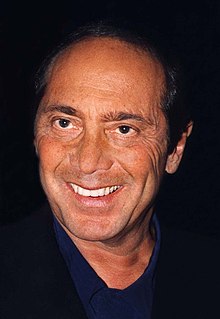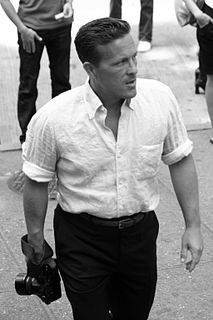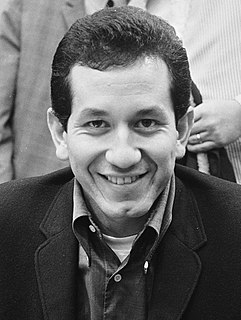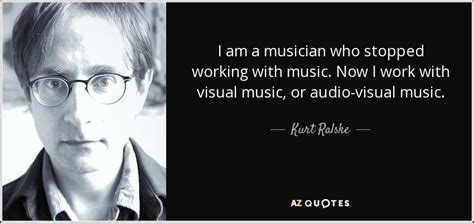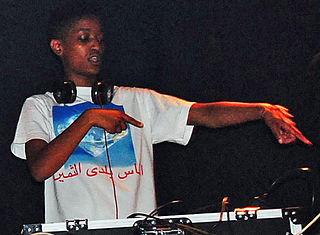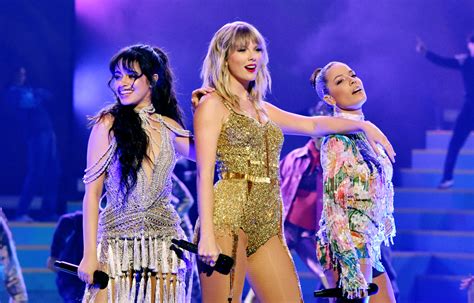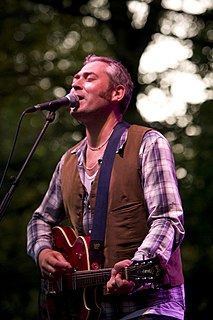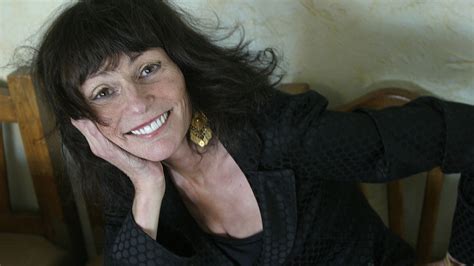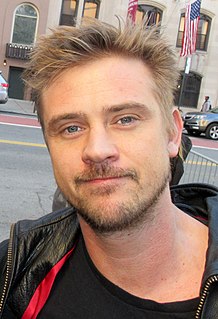A Quote by Paul Anka
I learned a lot about what I do with my craft, how I present my music. A lot of things about him were very much an influence on me and everybody else. Once you get in that fold and you're around it, you get to experience something that I don't think we'll ever see again. There will never be anybody like Frank Sinatra. Ever.
Related Quotes
I think in Japan I think there is a lot of style and a lot of subcultures, but it will be interesting to see how much of them... how much of the people wearing those clothes are really expressing something about who they are or who they want to be and it will be very interesting to see, especially once you get there, once you get to a certain city like in Stockholm you really get to know the people a little bit and what they're saying through their clothes. It's more... To me I think it's much more interesting than just the clothes they're wearing or the length of the skirt.
It's really hard to teach me anything. I can't read music. I never learned how to read music. I read books about things and try to learn - I don't like to learn from anybody. Later on I would, once I'd get the hang of things. Like I ride horses, I'm good at that, Western riding. I learned all about it reading and studying. I'm always learning about horses, I like that.
Some people who make music are instantly very savvy about how they can get their music to communicate in a larger way. For me, the music was always first, and I put a lot of time and effort and thought into making the recordings. But everything else around it, all the things that were necessary to have a career in pop music, I was completely ill equipped to handle.
Everybody recommended me to Sinatra and Don Costa, because everybody was enjoying my music. I got a big following going on. Nino (Tempo) told Don Costa "you gotta come see this guy." And that's how Don Costa heard about me, through Nino Tempo. Then, Don Costa brought me to the attention of Frank Sinatra and Reprise Records.
I was heading in a self destructive direction. My priority wasn't together, wasn't in order. So me getting locked up was actually a blessing for me. It helped for me to see the light. Once you get the rug snatched from under you - I had my career and family snatched from me, and I was forced to just sit there in that box for three years and think about what I did and how selfish I was, it made me really see things with new eyes, like, hold up, why was I doing that? What the hell was I thinking about? I gotta change. Something's got to give. I can't ever come back in this place again.
When I see a movie, the music often gets in the way for me. It's something that, say, for myself and Claire, we never, ever speak about. We never speak about describing emotion. I think it's about color and movement. And I think it's important to let the images be the melody, as well, a lot of the time - to create a kind of a backing for that, to let it sing.
What I think is important about essayists, about the essay as opposed to a lot of personal writing is that the material has to be presented in a processed way. I'm just not interested in writing, "Hey, this is what happened to me today." You get to a place that has very little to do with your personal experience and talks about some larger idea or something in the culture. I don't think you can get to that unless you have had a lot of time to gestate and maybe if I was taking a lot of notes while stuff was going on, I wouldn't be able to get to that place as easily.
writing is about doing something very close to the bone. It's about shocking yourself. When I write, I like to make myself cry, laugh - I like to give myself an experience. I see a lot of writing out there that's very safe. But if you're not scaring yourself, why would you think that you'd be scaring anybody else? If you're not coming to a revelation about your place in the universe, why would you think anyone else would?
Since then, my approach to all things spiritual is rather cynical you could say. When somebody present something to me as spiritual, my first instinct is to be cynical and think, "oh yeah, one of those again." You see so much of it see in "spiritual culture" and people get very excited about it. It's all very "hoo haw."
